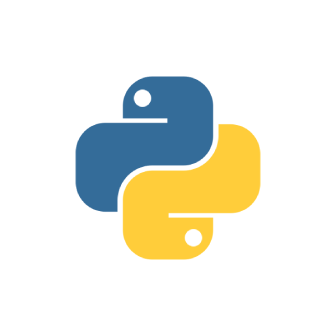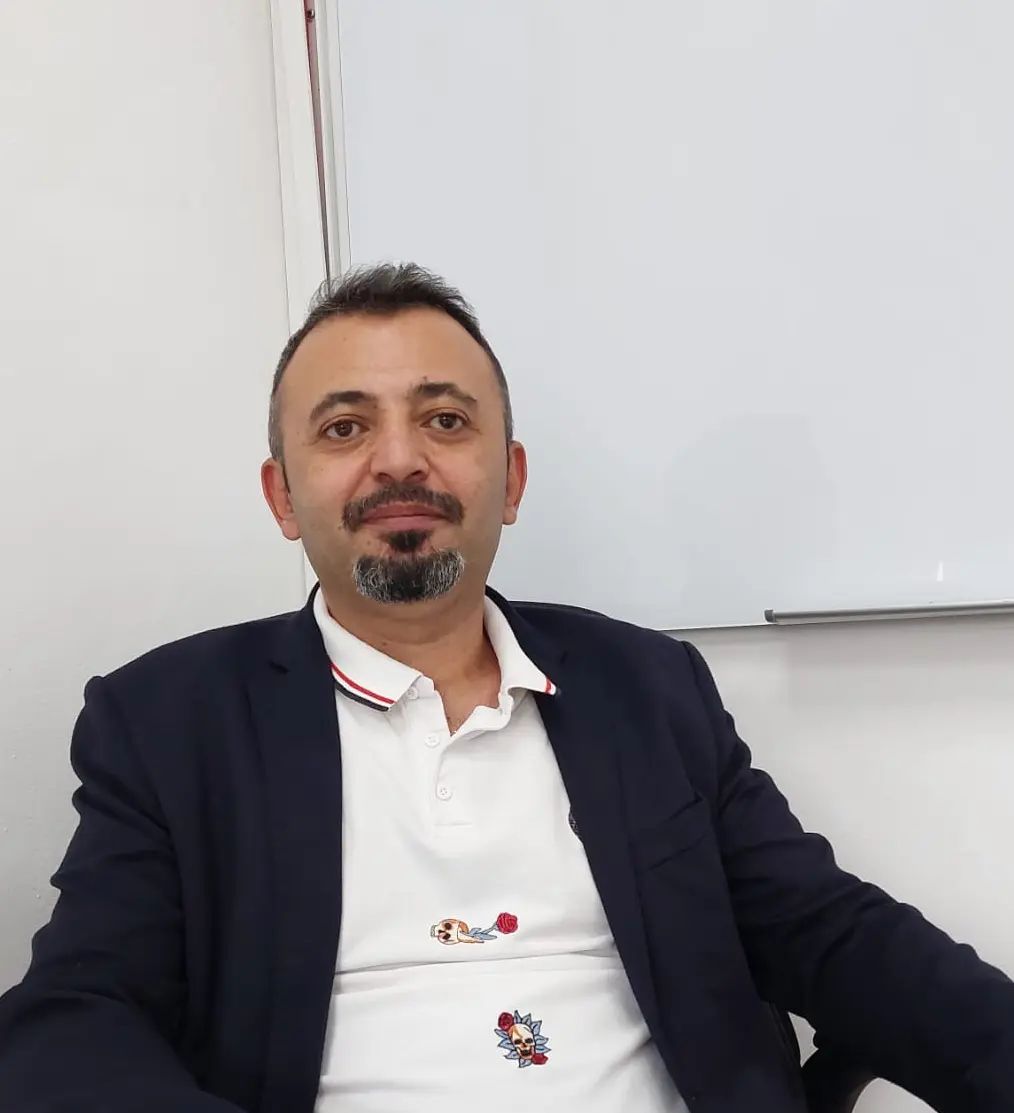Python is a high-level programming language that was developed as open-source software in the early 1990s. Since then, the language has undergone numerous changes and continues to undergo various improvements and upgrades.
The course is designed in a way that makes programming easier for the developer, essentially handling a significant portion of the work. This characteristic contributes to its fast performance compared to languages like C, for example.
Python is also taught as part of a full QA course program and includes automated and manual software testing tools, database basics, and more.




.webp)
.webp)
.webp)
.webp)




















